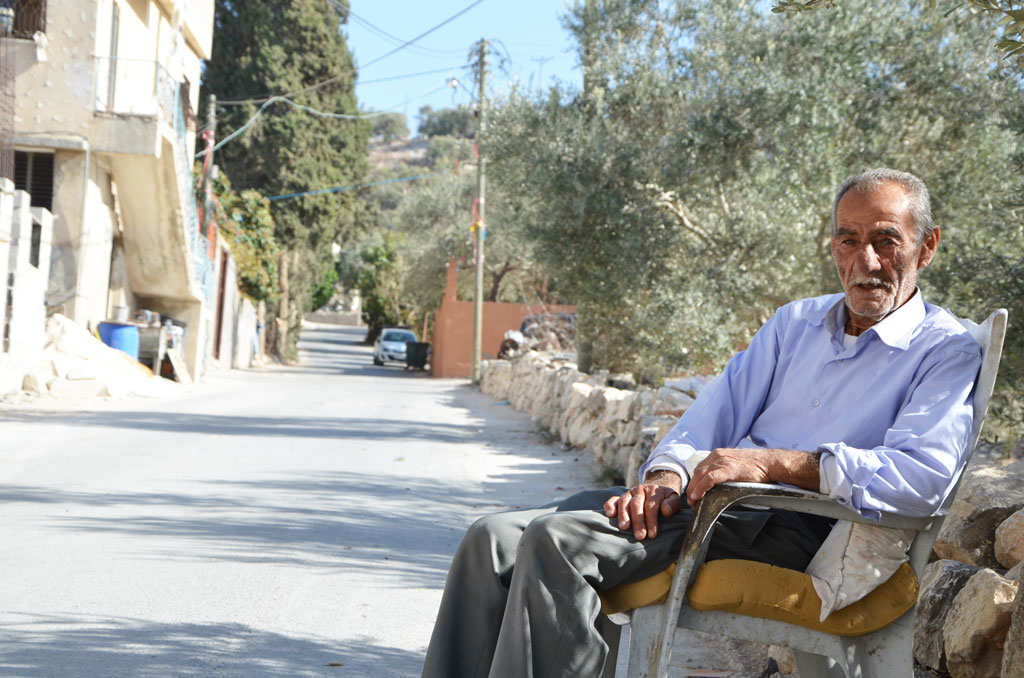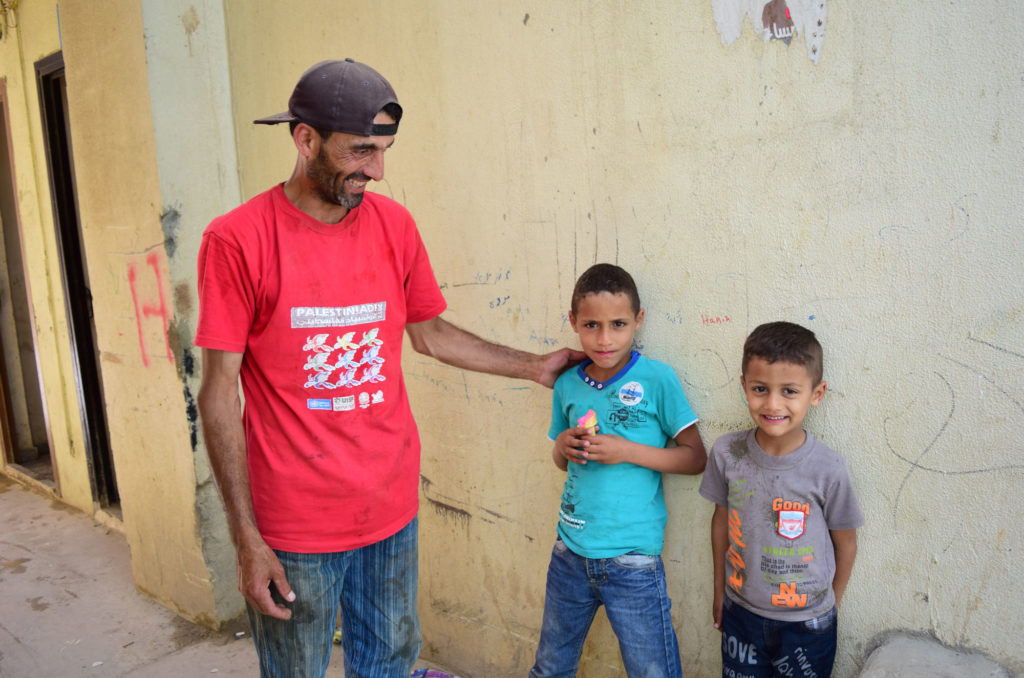Jan, 2018
Like many other rural villages in Lebanon, Mashha struggled to accommodate the needs of refugees and local residents. The ongoing Lebanon trash crisis is felt by residents there, as well.
Like many other rural villages in Lebanon, Mashha struggled to accommodate the needs of refugees and local residents. The ongoing Lebanon trash crisis was felt by residents there, as well. “There was a huge demand for services, including electricity, sewage, water, and solid waste management,” says Mayor Khaled Zouhbi.


“There was a huge demand for services, including electricity, sewage, water, and solid waste management.”
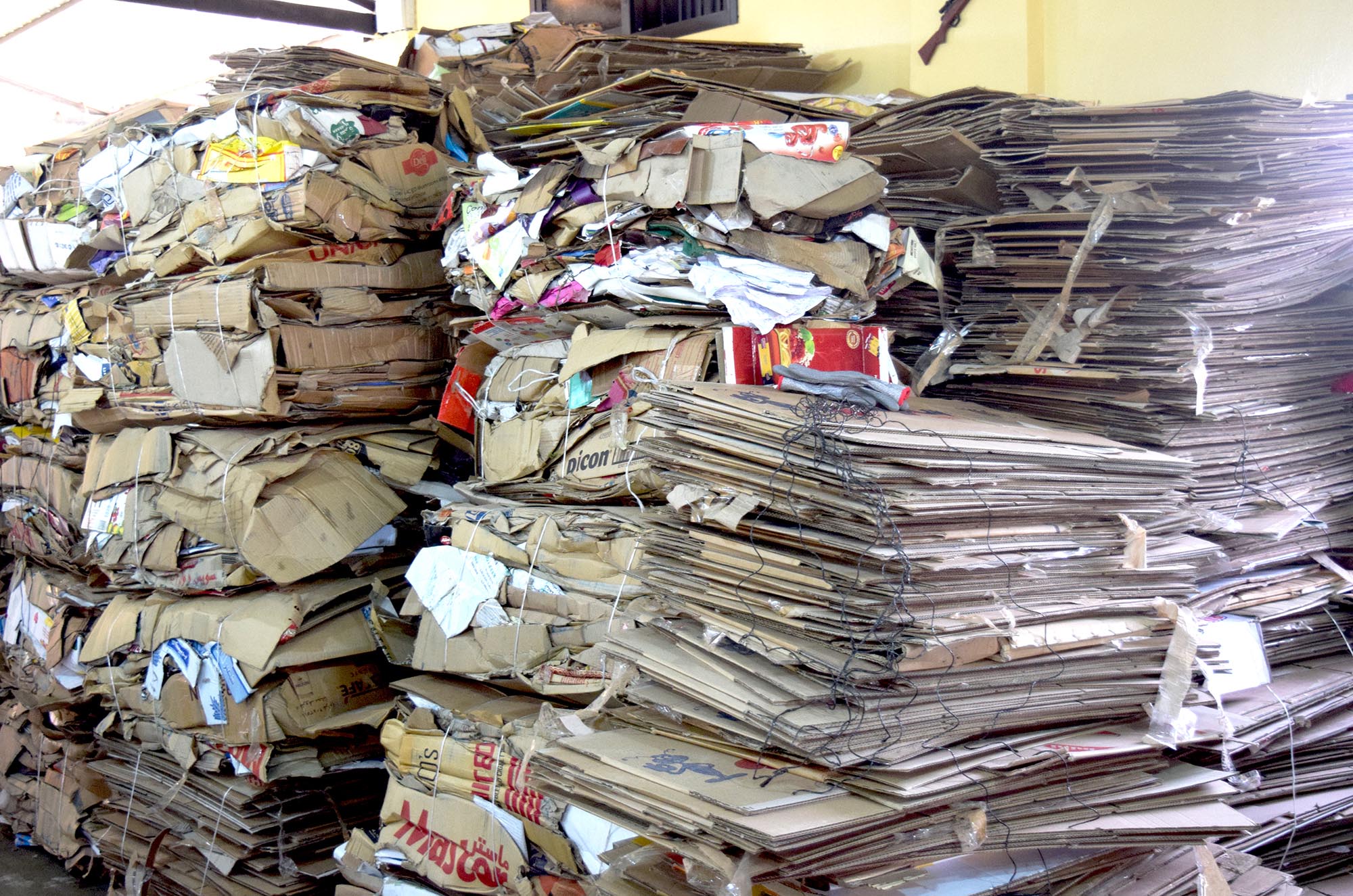

The Syrian war has deeply affected Mashha, which lies along the Syrian border. The village is in the Akkar Governorate, which is Lebanon’s poorest region and a home for thousands of Syrian refugees. Mashha now hosts more than 3,000 Syrians; more than half the population of this small town.
Anera is supporting Mashha in finding sustainable solutions for solid waste management and to lessen the burden felt by the municipality. Before the Syrian crisis, the municipality paid $500 monthly to dump trash at Srar Landfill. When the population surged due to the refugee crisis, the monthly payment doubled.
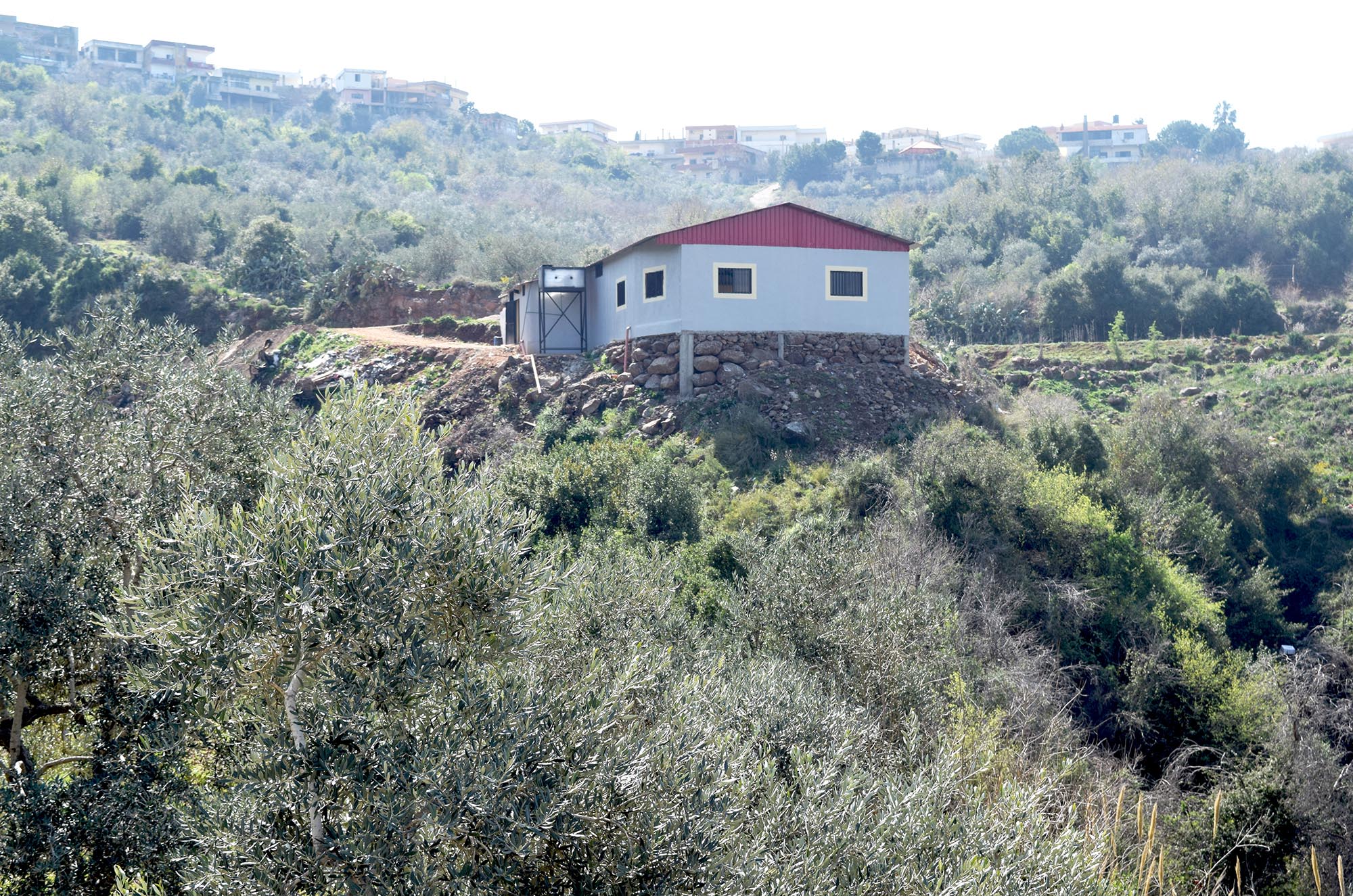

In cooperation with Mashha’s municipality, and with funds from Ajram Family Foundation, Anera implemented a holistic and sustainable project on waste management. The project includes community-based activities to raise awareness on environmentalism and the importance of recycling, as well as the establishment of sorting and composting facilities to treat waste properly. Through the sorting and composting facilities, the municipality can also generate income.
Early in 2017, Anera and Mashha inaugurated the sorting facility. Since then, the amount of waste has decreased by about 30 percent.
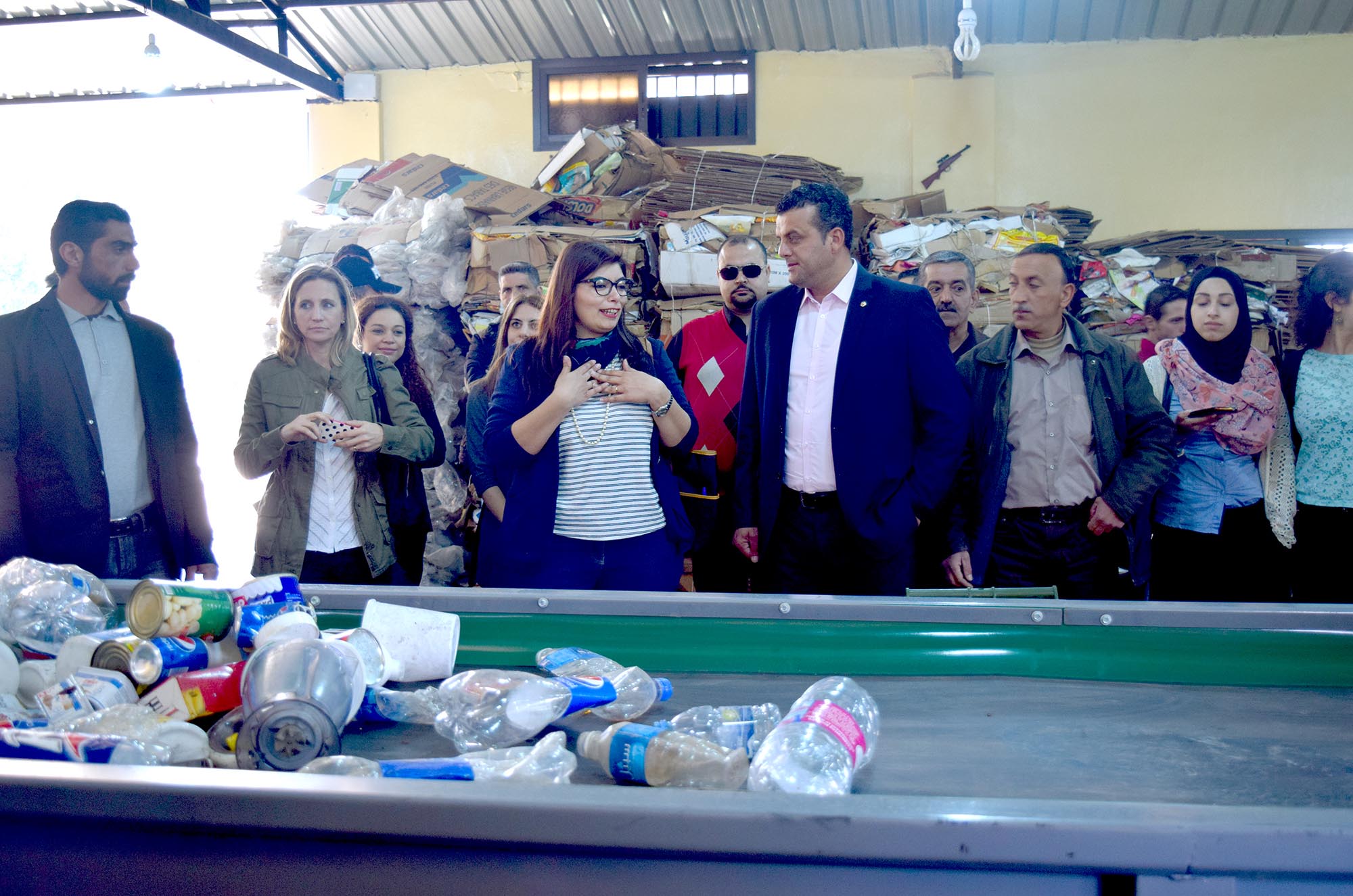

Volunteers have also helped raise community awareness on the importance of composting organic waste. They delivered sorting bins to all 1400 households in Mashha to encourage sorting from source. Each household received three bins: one for solid waste, for for organic waste, and one for residuals. Anera recruited 10 volunteers to carry out the awareness campaign and bin distribution. All of the volunteers are women, and they come from both the local Syrian refugee and Lebanese host communities.
Mariam El Khan is a 21-year-old Syrian refugee and volunteer. She couldn’t pursue her education in Lebanon, and instead attended informal courses to pass the time. “Volunteering helps me meet new people and opens up horizons,” she says.


“Most importantly, the cause is really important for the good of the environment and our village.”
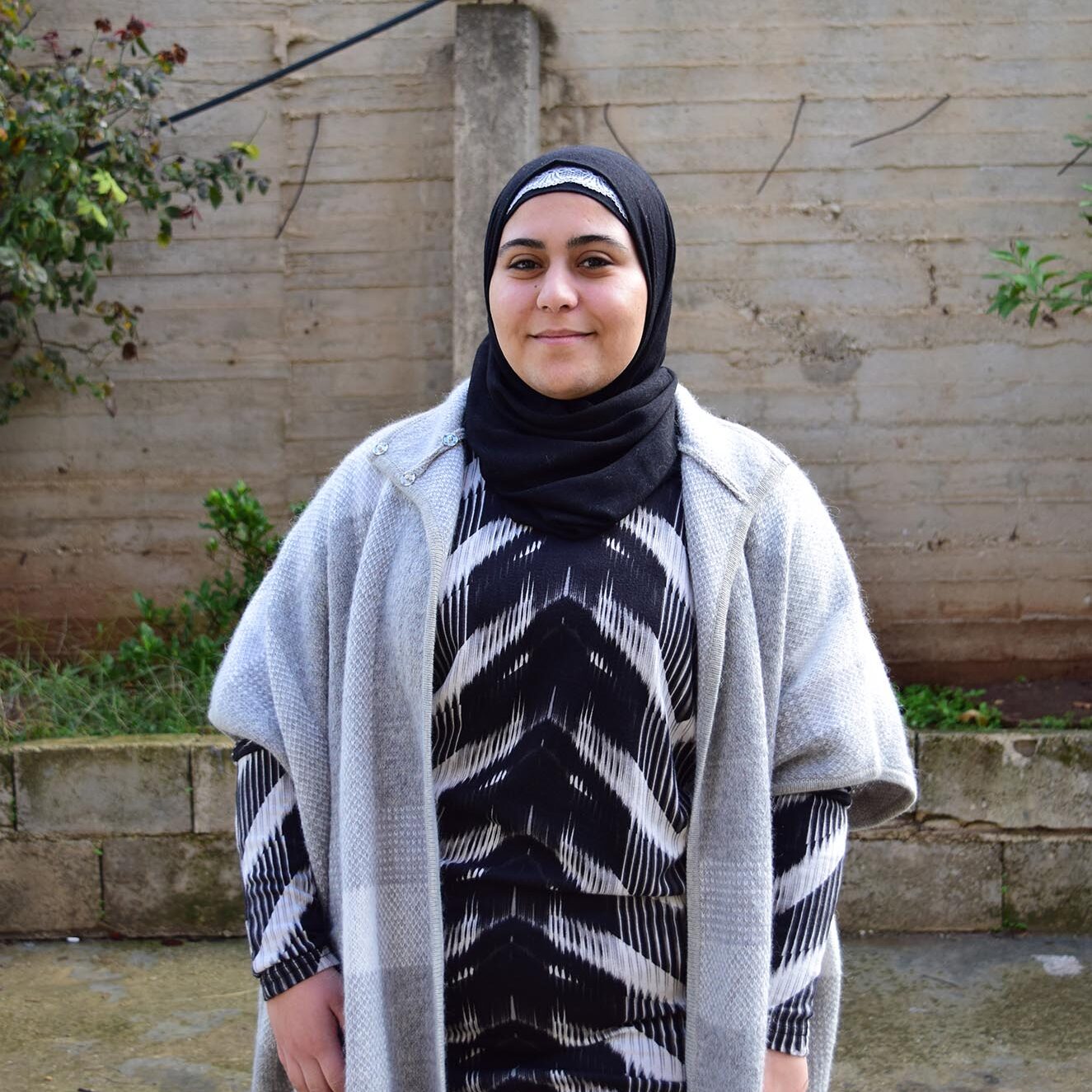

Mariam and her fellow volunteers took capacity-building training sessions on how to raise awareness among local families. Later, they organized door-to-door visits to ensure families followed proper sorting practices.
Lessening Burdens on Mashha Municipality
Mashha is the first municipality in Akkar that manages a composting facility. In addition, its new sorting facility has been functioning since last fall, and the recyclables are already being sold. The municipality uses the cash to pay for operations and the salaries of workers.
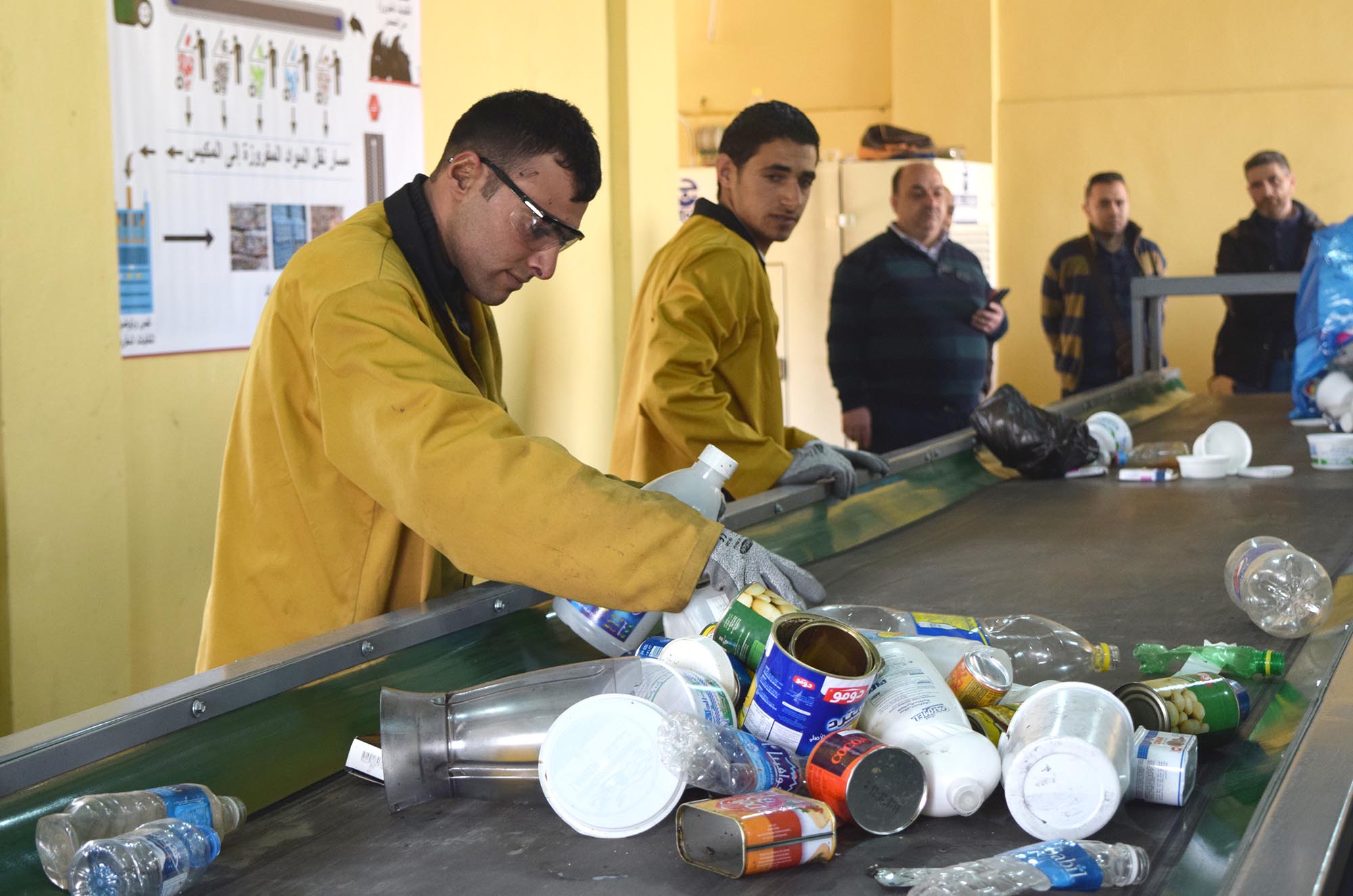

The composting facility has decreased the amount of waste that Mashha has to send to Srar landfill by up to 80 percent. In turn, this has decreased disposal expenses. “We are looking forward to finding a solution for residuals, too,” notes Mayor Zouhbi. “With time, we will be able to manage our waste without needing to send it to landfills.”
Neighboring villages are contacting the Mashha municipality to express interest in the program. “In the coming months, about eight villages will be sending their trash to our facility,” says the mayor.
Maintaining Sustainable Grassroots Solutions
The project was implemented in two phases. In the initial phase, which started in 2016, the community started sorting waste and recyclables, and a sorting facility was built to process plastics, metals and paper. The facility has been operating successfully ever since.
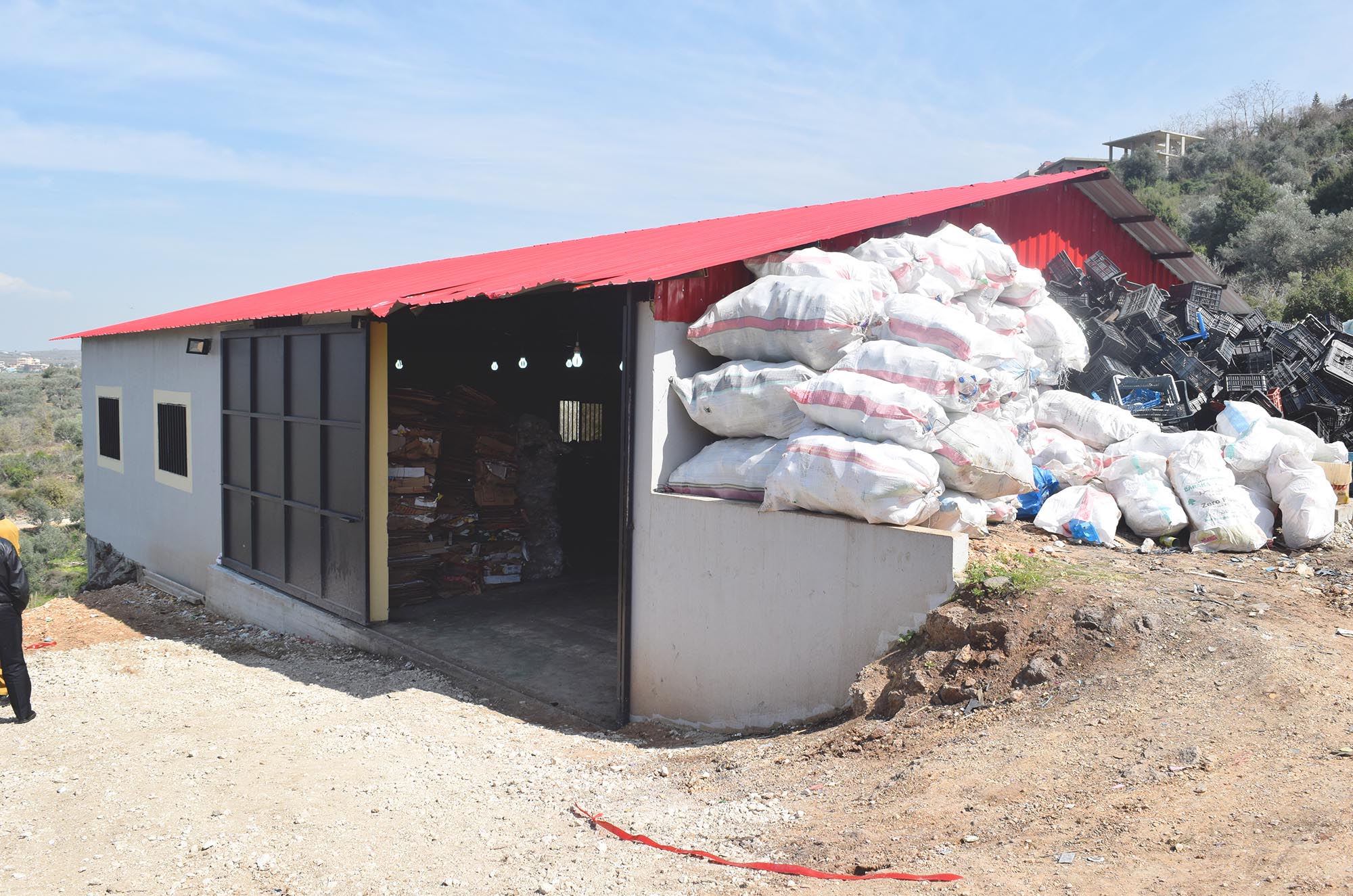

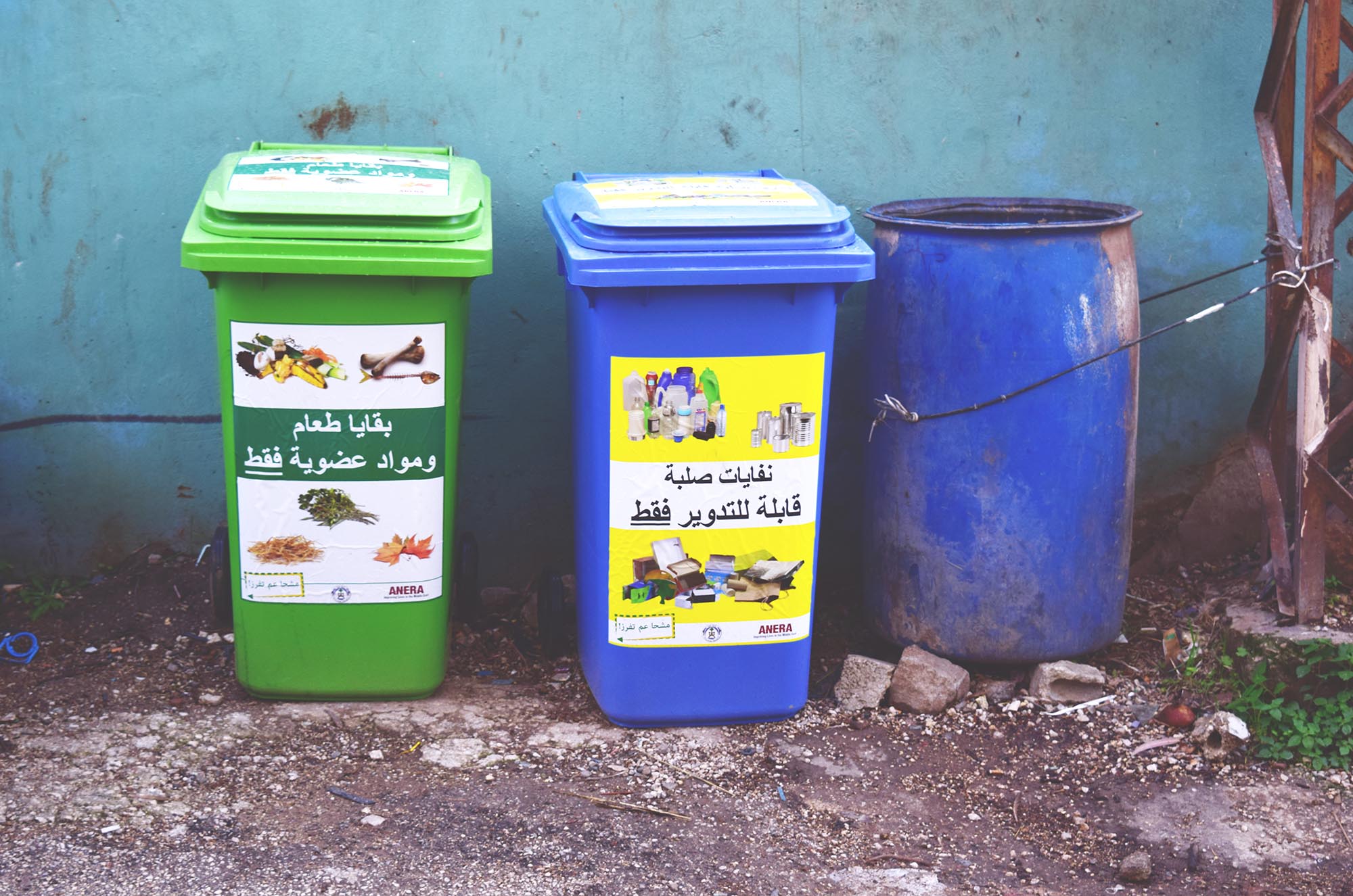

The second phase was launched with the aim of managing organic waste, which constitutes the largest portion of municipal waste. As such, the community mobilized to sort organic waste and build a composting facility to treat organic material. The integrated waste management system has brought Mashha closer to being a zero waste village. In addition to the environmental benefits of the project, the project has generated income for Mashha from selling recyclables and compost.

